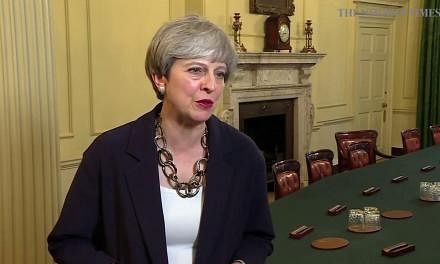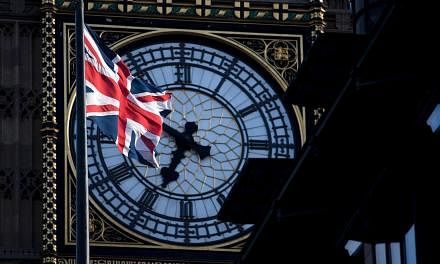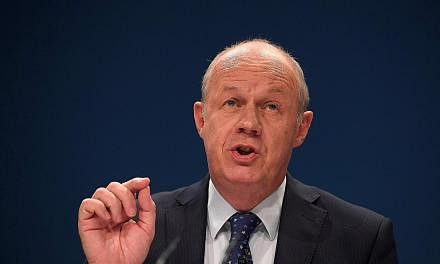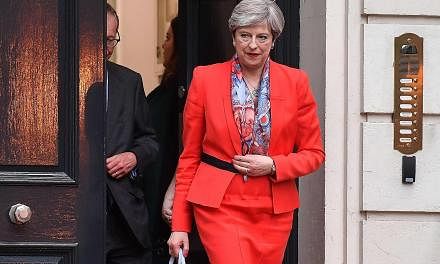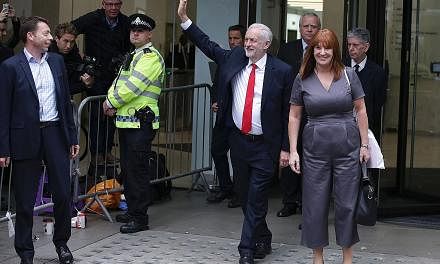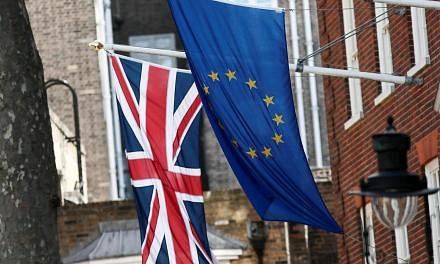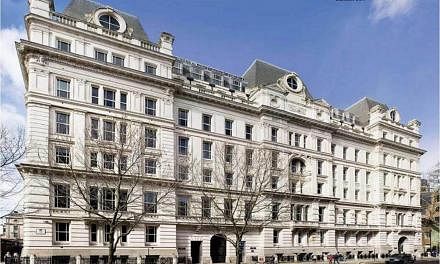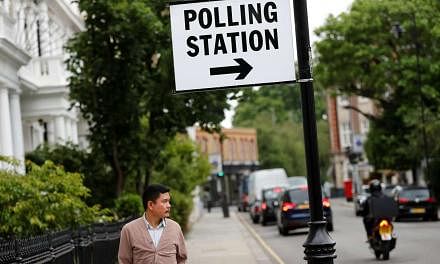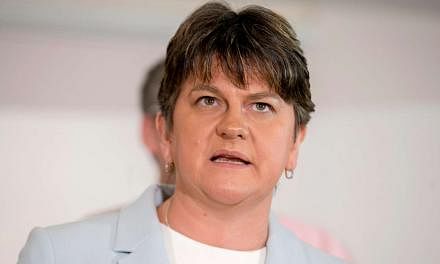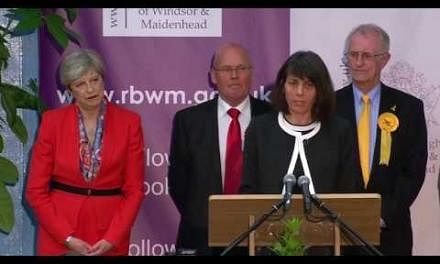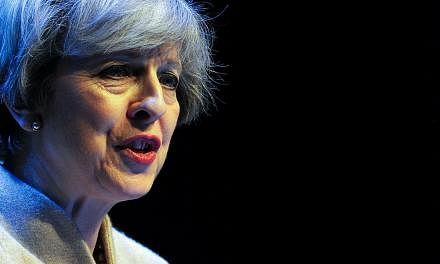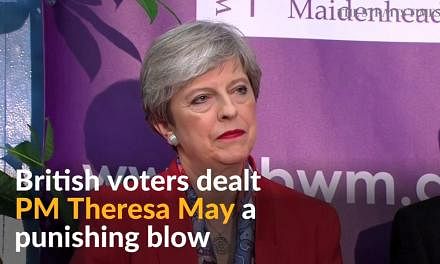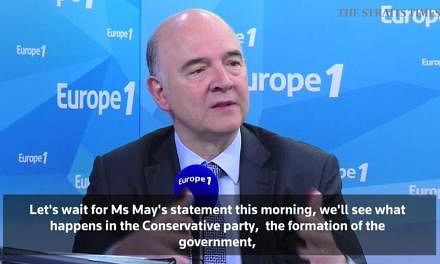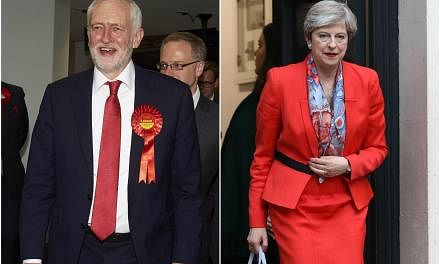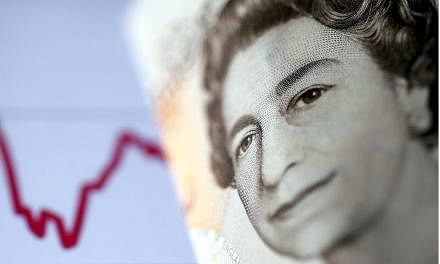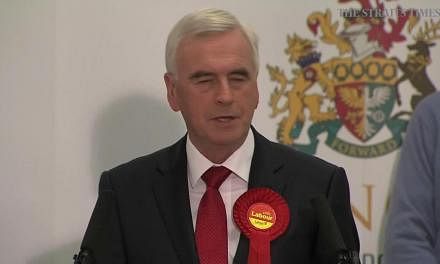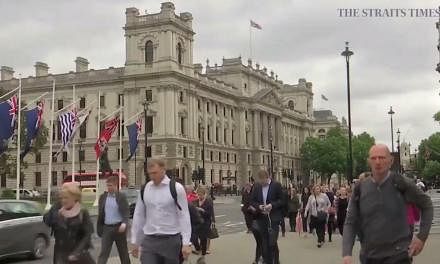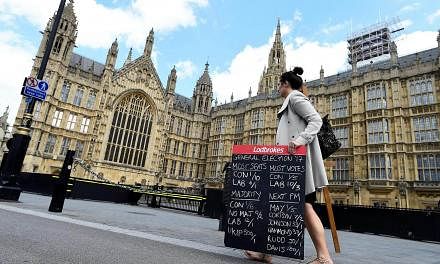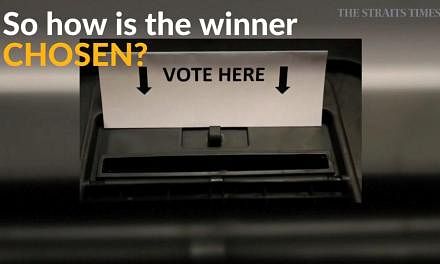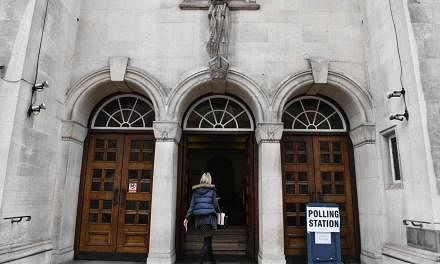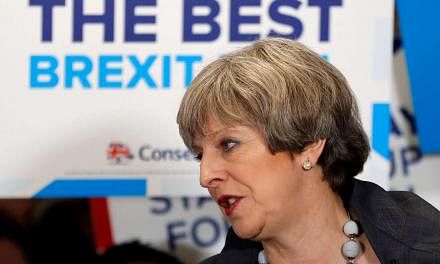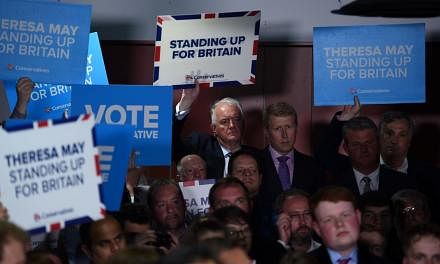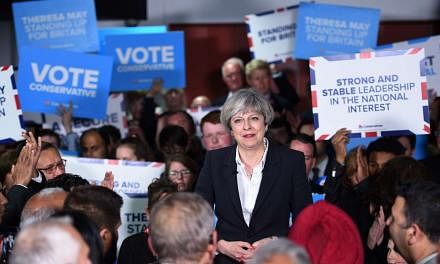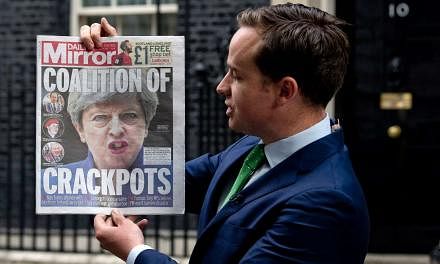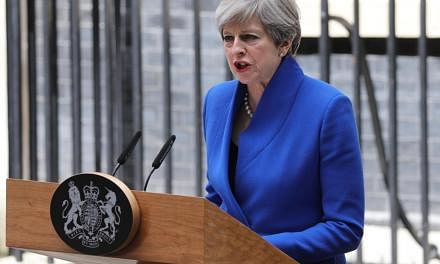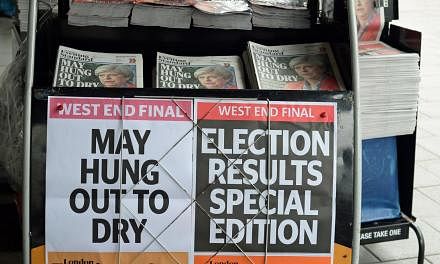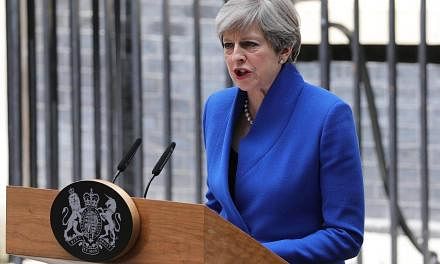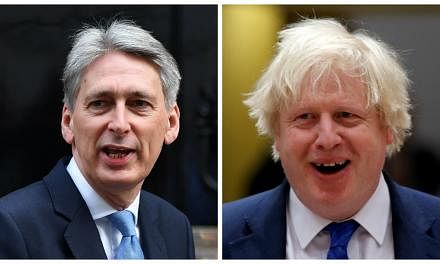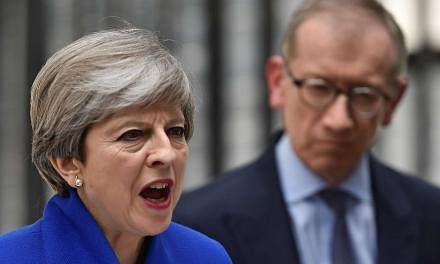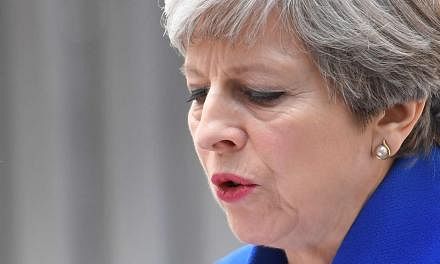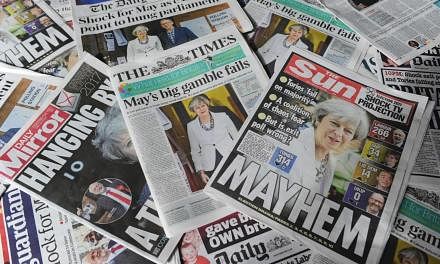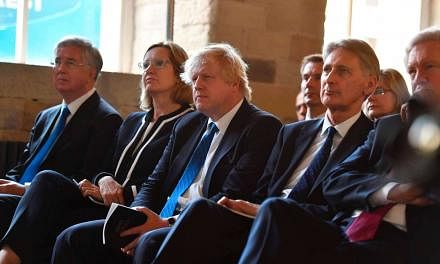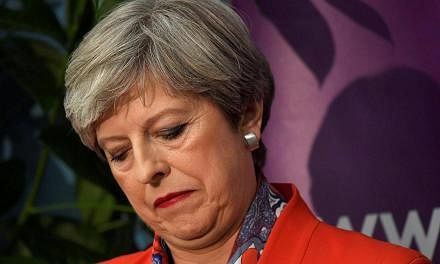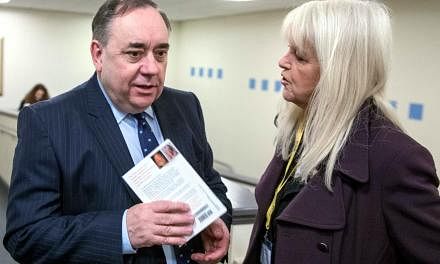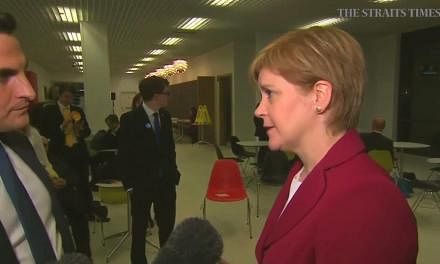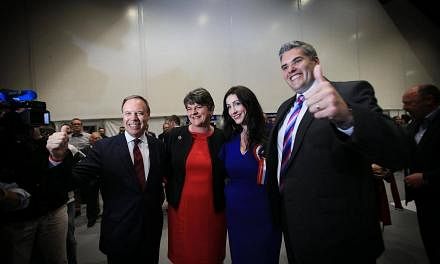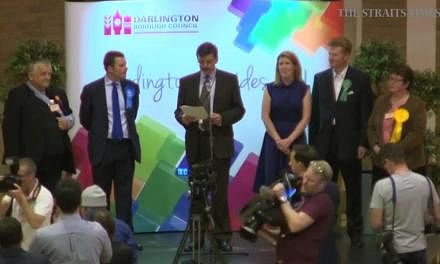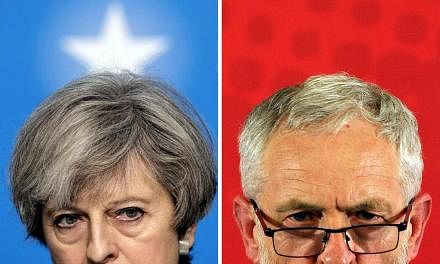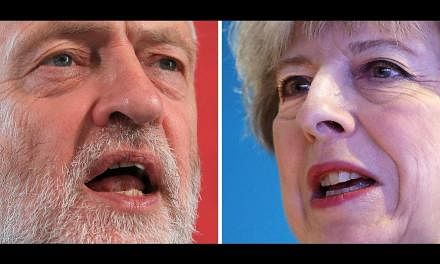LONDON (WASHINGTON POST) - British Prime Minister Theresa May needs to take 326 seats in parliament to hold onto the majority, but exit polls suggest that the Conservative Party might only end up with 314.
An election which was once considered to lead to an almost certain victory for the incumbent prime minister, who called early elections herself, could now possibly turn into a major defeat for the Tories.
Of course, exit polls are not always on point. In 2015, for instance, they predicted the Conservatives would win 316 seats, but that number increased to 331 throughout the night as results came in.
But in case the exit polls do turn out to be correct this time, here are some of the coalitions or arrangements that could now become a possibility.
Minority coalition: Labour & Liberal Democrats
The last time the Liberal Democrats entered a coalition with a much bigger party in 2010, it did not end well for them. Being forced into major concessions by the Tories, the Liberal Democrats lost much support among many of their core voters and never quite recovered.
It is nevertheless possible that the Liberal Democrats could form a minority coalition with the Labour Party that would, for instance, aim at a softer exit from the European Union.
The odds for such a coalition are low, though. The Liberal Democrats' former leader Ming Campbell indicated an unwillingness to form such an alliance, telling the BBC on Thursday night: "We've had our fingers burned by coalition."
Minority coalition: Labour & Scottish National Party (SNP)
Instead of forming an alliance with the coalition-sceptical Liberal Democrats, Labour could also join forces with the Scottish National Party to topple the Conservative Party.
In May, Scottish National Party leader Nicola Sturgeon said she preferred having Labour leader Jeremy Corbyn as prime minister. Although Sturgeon added that she did not consider Corbyn a credible choice, she told the BBC that in the case of a hung parliament "of course we would look to be part of a progressive alliance that pursued progressive policies."
Corbyn, however, has so far rejected any suggestions that his party could form an alliance with the SNP.
Minority coalition: Labour & Scottish National Party & Liberal Democrats
Although it remains an unlikely scenario, it would probably be the preferred choice of many continental Europeans who still hope that Britain will make a U-turn in its decision to leave the European Union.
Together, the Labour Party, the SNP and the Liberal Democrats would have 314 seats in parliament - as many as Theresa May's Tories are currently predicted to have.
What unites members of all three parties is a certain degree of scepticism that the decision to leave the European Union was the right one. However, as a minority coalition, the three parties would still rely on the support of other, smaller parties.
Minority government with a 'confidence-and-supply' deal: Labour & 'supply'
To solve that problem, a certain characteristic of Britain's electoral system could offer a solution. A hung parliament - in which no single party has a majority - does not necessarily mean that a coalition would have to be formed.
Instead, the next British prime minister could potentially also rely on a flexible arrangement in which one party sets up a so-called "confidence-and-supply" deal with several smaller parties, such as the SNP.
Its leader Sturgeon suggested in March that she might be willing to agree to a "looser arrangement" with Labour under the framework of "confidence-and-supply".
Under that kind of agreement, the smaller parties would not be part of the government, but they would guarantee the prime minister their support on matters such as finances or confidence votes. In return, they would be able to hope for governmental concessions on some of their demands.
Such an arrangement would be extremely fragile, however, as the government would have to unite policymakers from various sides of the political spectrum, including liberals and center-leftist Labour voters as well as Scottish independence supporters, since Labour and the SNP combined would not have enough votes for a majority if exit polls turn out to be correct.
Minority government: Conservatives
Theoretically, Prime Minister Theresa May could also decide to try to continue to stay in power despite the loss of a majority. However, her political strategy in recent months has alienated many of the parties she would have to rely on for parliamentary votes.
The Labour Party considers itself the main alternative to May's conservative vision for Britain, whereas the Liberal Democrats would like to see Britain remain part of the European Union.
The Scottish National Party remains frustrated by May's earlier announcement not to grant Scotland another independence referendum anytime soon.

